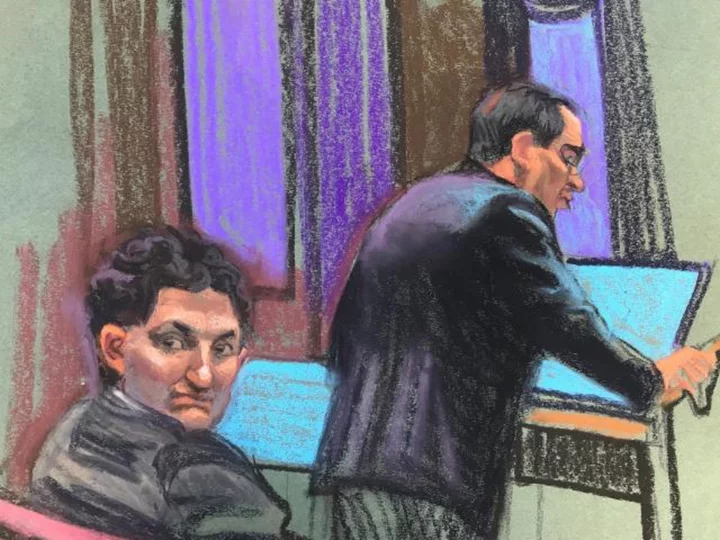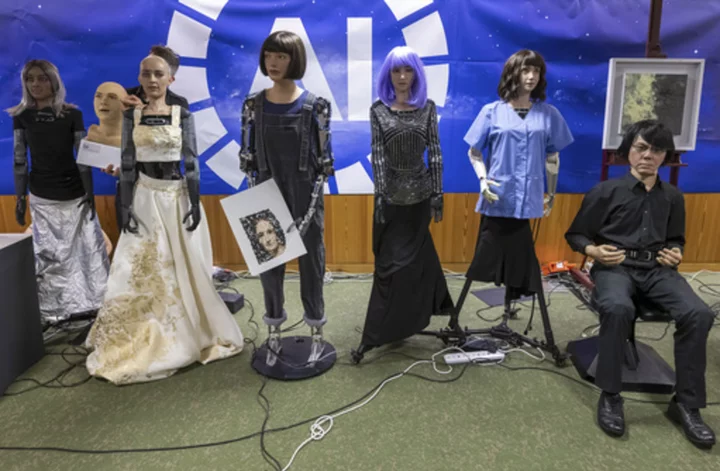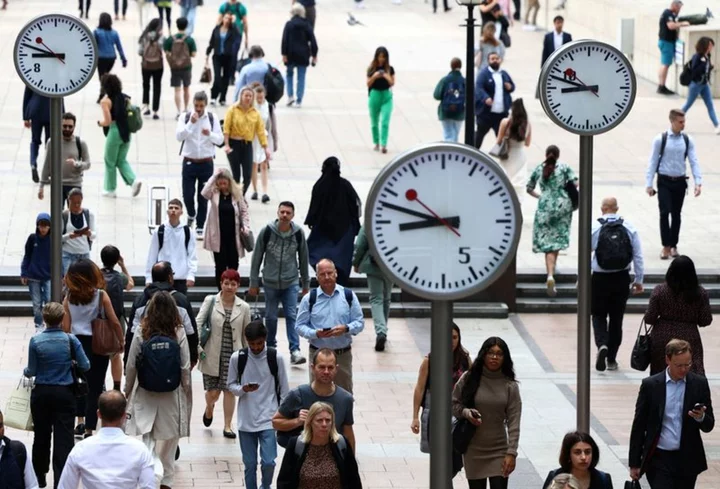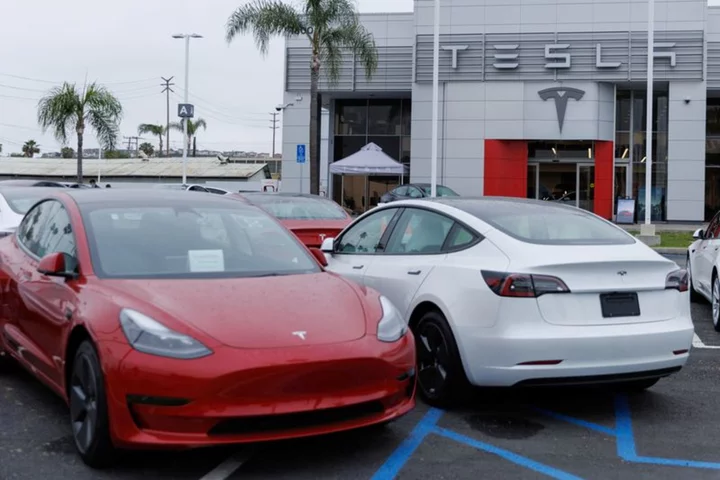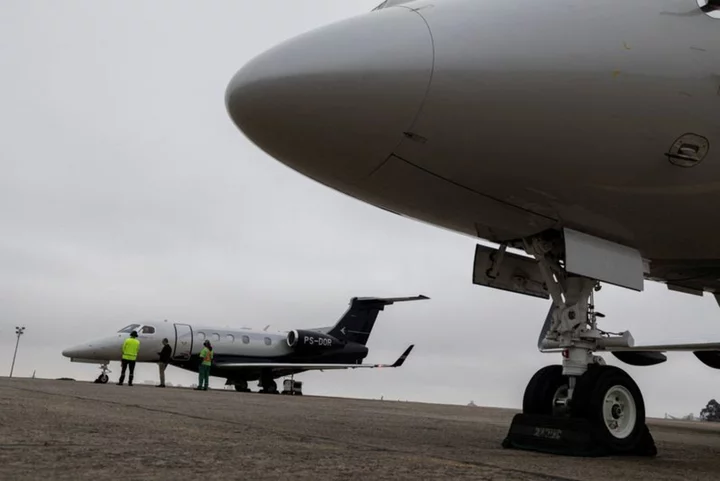About five months before the crypto exchange FTX imploded, its CEO, Sam Bankman-Fried, met with a longtime friend and coworker on the sidelines of a paddle tennis court, one of the many amenities inside the luxury Bahamian apartment complex where they both lived.
"Are things ok?" Adam Yedidia, a senior software developer at the company, asked Bankman-Fried, according to Yedidia's testimony in Manhattan federal court on Thursday. Yedidia had been worried, he said, about an $8 billion liability he'd found hanging over the balance sheet of FTX's sister firm, Alameda Research.
In response, "Sam said something like, 'We were bulletproof last year; we're not bulletproof this year,'" Yedidia told the jury.
The $8 billion represented the money that FTX customers would be owed if they decided to withdraw their deposits, Yedidia said. It seemed like a "very large debt," and Yedidia wanted to know that Alameda could repay it.
But he didn't press the issue, he said, adding, "I trusted Sam" and that he hoped SBF or other executives would be able to handle the situation.
FTX's unusually close financial ties to Alameda are a crucial part of US prosecutors' case. They say that, at the direction of Bankman-Fried, FTX routed customer accounts directly into a bank account controlled by Alameda, which was, on paper, not connected to FTX apart from having a common founder. In doing so, the government argues, FTX deceived customers about the whereabouts of their funds and how they were being used.
Bankman-Fried has pleaded not guilty to seven counts of fraud and conspiracy. It is not yet clear whether he plans to testify in his trial, which could last up to six weeks. Prosecutors plan to call other colleagues in the coming days to testify against Bankman-Fried as part of their plea agreements.
Yedidia said he stood by his friend, whom he has known since they were MIT undergrads, until the moment he learned that Alameda, which was supposed to be a separate company from FTX, used FTX customers' deposits to pay Alameda's creditors.
It seemed like a "flagrantly wrong thing to have done," he told the court.
The testimony appears to support reporting from the Wall Street Journal on Thursday that indicates a group of employees discovered computer code within FTX that allowed Alameda "back door" access to FTX customer funds. The discovery was made in the spring of 2022, several months before the company failed, according to the Journal, which cited people familiar with the matter. The employees reported the unusual code to the boss of their division, who discussed it with one of Bankman-Fried's lieutenants, the Journal wrote.

